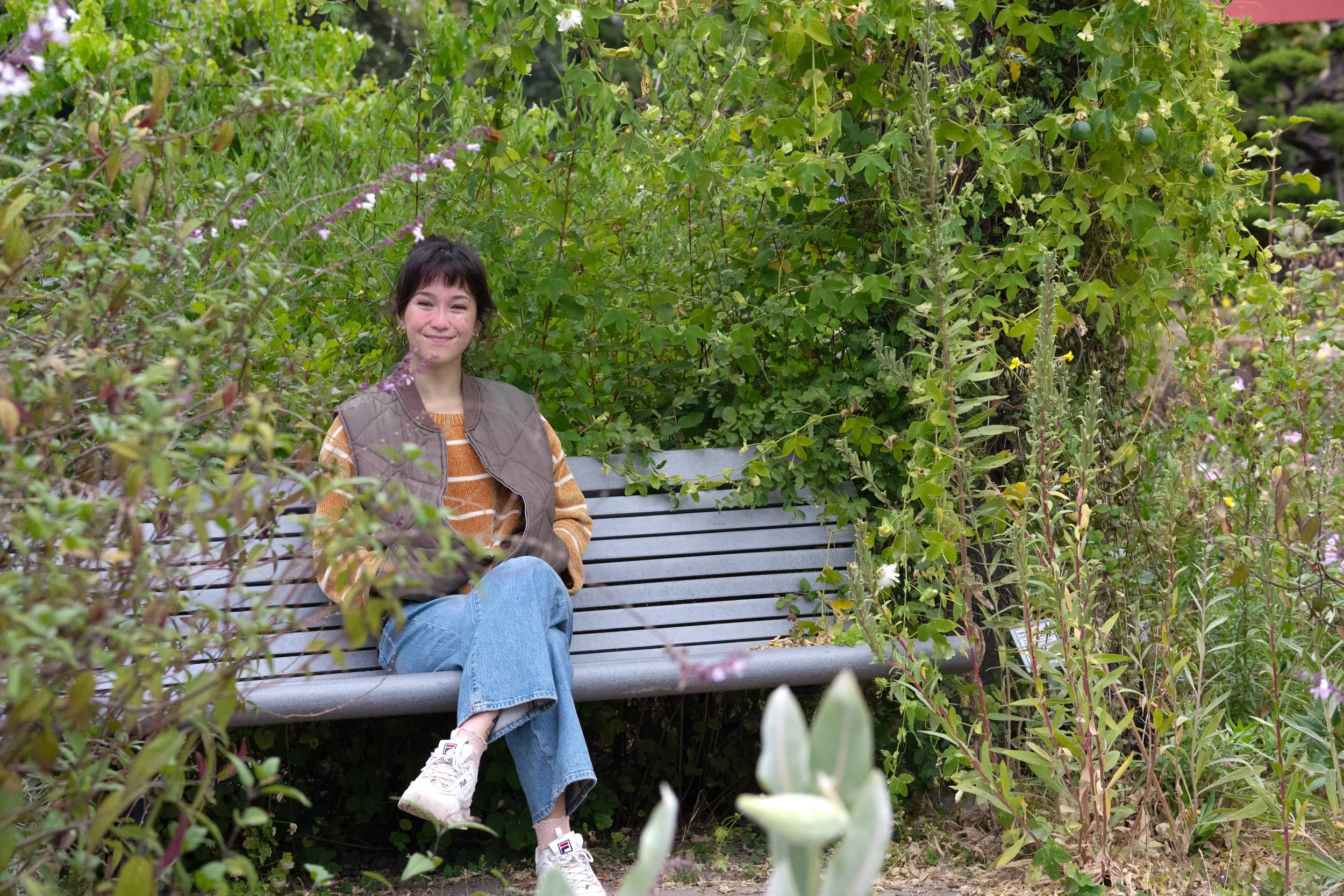About Samantha
I recognize shared identities can be an important factor when choosing a therapist. I’m a cisgender, queer, mixed-race (Japanese/white) woman who has lived with chronic illness. I am also a social worker, therapist, and cat mom living in Oakland, CA.
I have always held a deep passion for connecting with people through the mess and beauty that is being human. I came to this work from a lifetime of exploring and witnessing healing in communities, families, individuals, and myself. My roots are in case management with immigrants and refugees and community health work, grounding me in a passion for direct service and allyship.
To me, therapy is a meeting space of connection, vulnerability, compassion, and awareness that should be accessible and always culturally-attuned. With 6 years of experience in the social work field, I am a fierce advocate and feel strongly about supporting marginalized, repressed voices. I became a therapist because I find so much inspiration in human connection and the creative ways we heal ourselves and our communities. As someone who knows firsthand how life-changing embodied healing can be, it is deeply fulfilling to witness and facilitate it in others.
I was born and raised in the Bay Area and love its hills and bodies of water. Outside of the therapy space, you’ll find me playing with my cats (who like to occasionally pop into the telehealth space), crafting, gabbing with friends and neighbors, stretching in pilates, hiking, reading, or foraging for mushrooms.
Contact me to schedule a free call to see if we are a good match.
Some finer details
-
B.A. Medical Anthropology & Global Health, University of Washington
M.S.W. Trauma-Informed Clinical Mental Health Concentration, Boston College
-
Registered Associate Clinical Social Worker (ASW #118566)
Supervised by Nicole Thomas (LCSW #26232)
Psychology Today Verified
-
Liberation Eating Disorder Education Foundations Training, Alameda County Behavioral Health 2023-2024
Integrative Somatic Trauma Therapy Certificate, The Embody Lab (in progress)
-
California Association of Marriage and Family Therapists (CAMFT)
The Psychotherapist Association for Gender & Sexual Diversity (GAYLESTA)
Open Path Collective
Inclusive Therapists
TherapyDen

